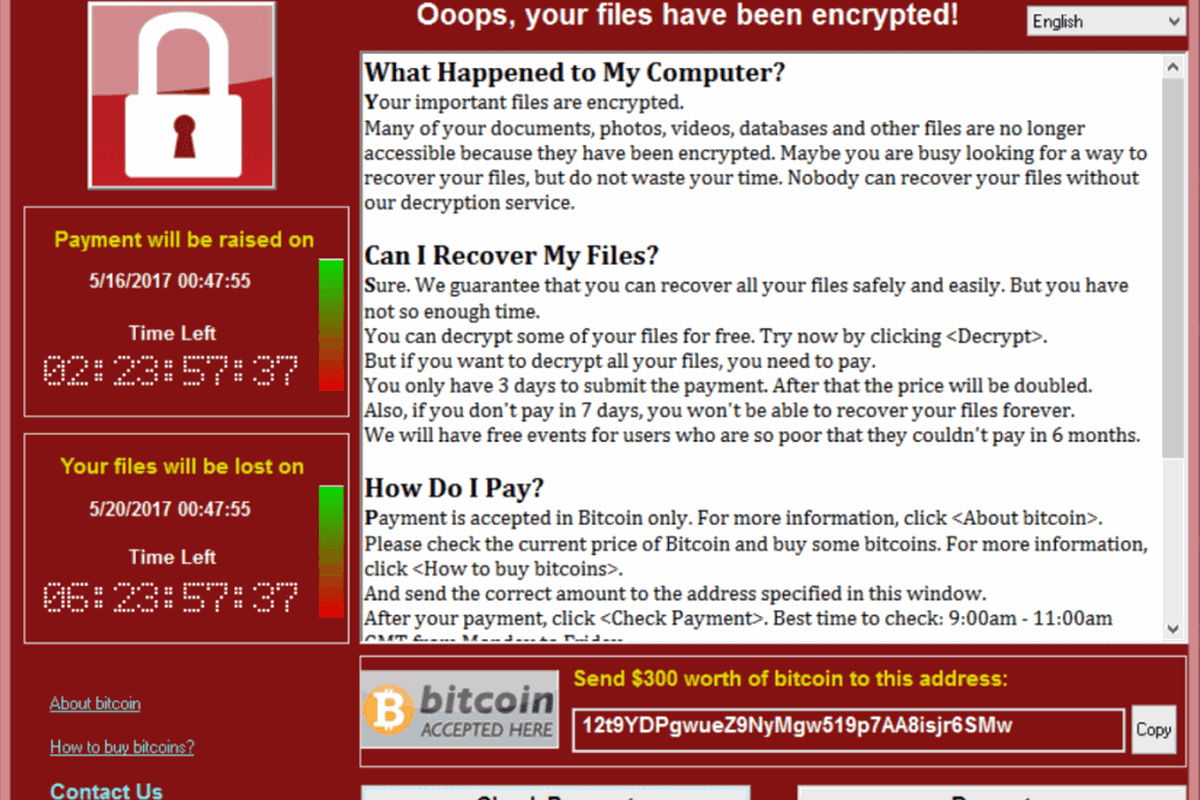The appearance of the cryptocurrencies (or crypto-currency), e.g., already changed the face of the world. The outbreak of Bitcoin value cause lots of attention to these type of currency. It was a couple of months ago when an internet worm called WannaCry has affected many computers in the world and asked for the ransom in the form of Bitcoin. The bitcoin in this example was an untraceable method of payment. But does story ends here?

Well not really. If I were up to me, I would have used the processing power of the victim device to mine Bitcoins instead. I believe it would have served me better since the worm could have stayed hidden for a considerably longer time and I could have mined a large number of Bitcoins based on the number infected devices.
The critical issue in cryptographic currency, as well as many other computational areas, is to have more processing power for the lower price. The price for the processing does not only include the value of the processors, but one has to consider the power consumption and the maintenance costs. Some studies suggest that the Bitcoin network consumes more electricity than the whole Denmark [Link]. So, if you can have access to a large number of cost-free processors, even they are not as high performance as ASIC (Application-Specific Integrated circuit) chip, you can still mine Bitcoin and have profit. Forming the processing pool is the mining pool principle. Considering the number of computers, servers, mobile devices, and smart devices with processing power and access to the internet can put the size of this processing pool into perspective.
This mind teaser can be the foundation of new business models such as the process in exchange for a service. We are all very familiar with the free services in exchange to watch or host advertisements, like facebook, google, etc. Is it too outrageous to think about a similar model, based on which the user provides a portion of its processing power voluntarily? For instance, the user can have a free MS-office subscription under the condition where the software can use the unused processing capacity of their machine, which he is not using anyway. Another example could be the servers in many companies, which are almost idle over the nights. The offices can provide them as a part of the distributed computing network in exchange of money or service. The free service would be the motivation and the payment for the users to join a vast computational pool.
This idea can be more exciting thinking about applications like facebook, that can be found on every smartphone and computers. We all spend quite a considerable amount of time over them. Are we sure while we are checking our friend’s photo, our Facebook application does not run a couple of round of hash function? Can this idea provide an upper hand to companies like Facebook and Google? Can they out-ran all future competitors? Applying this approach, will Facebook or Google be able to partially and for short interval control Bitcoin hash block generation.

